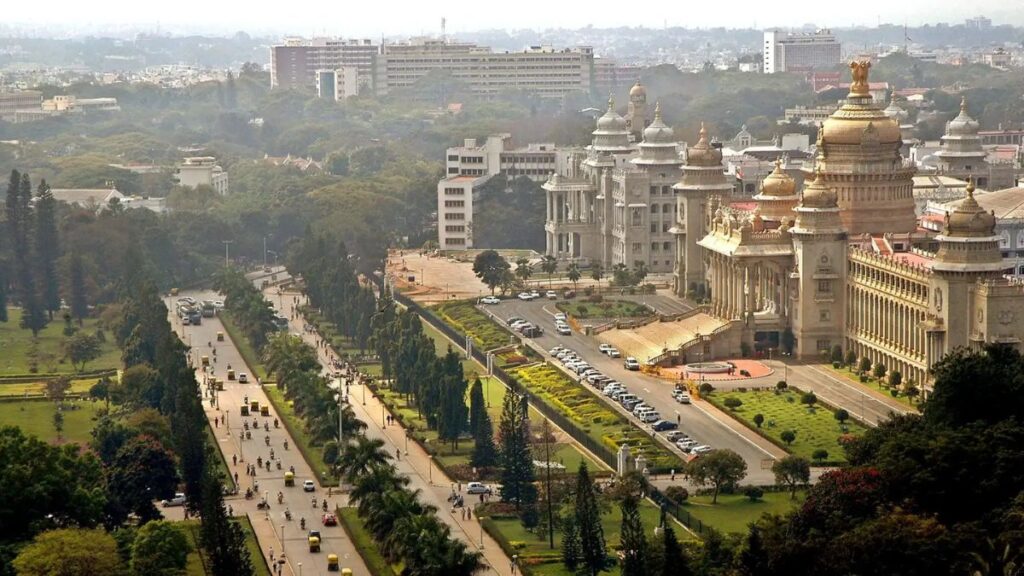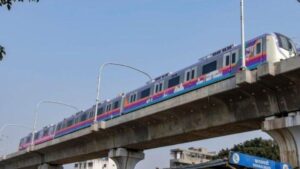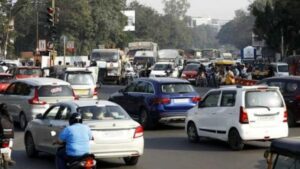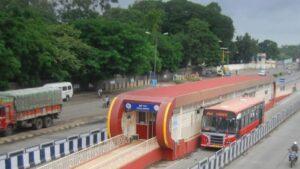Karnataka Government To Spend 1 Lakh Crore to Ease Bengaluru Traffic: Know how they plan to make your commute easier

In a decisive move to alleviate the mounting traffic crisis in Bengaluru, the Karnataka government has unveiled an ambitious Rs 1 lakh crore plan. At the Invest Karnataka Global Investors Meet, Deputy Chief Minister DK Shivakumar detailed an array of projects designed to revolutionize the city’s transport infrastructure.
Key components of the plan include a 40-km twin tunnel projected to cost Rs 42,500 crore, a 41-km double-decker corridor (serving as both road and Metro rail) estimated at Rs 18,000 crore, a 110-km elevated corridor at Rs 15,000 crore, and 320 km of buffer roads with an allocation of Rs 5,000 crore. Additionally, infrastructural enhancements such as a Rs 500-crore Sky Deck project, a 74-km Bengaluru Business Corridor costing Rs 27,000 crore, and the development of a second airport underscore the scale and diversity of this undertaking.
Reflecting on the city’s dramatic evolution, Shivakumar remarked, “When I was the urban development minister 20 years ago, Bengaluru’s population was 70 lakh. Now, it has grown to 1.40 crore, and the city has 1.10 crore vehicles. We are planning to invest Rs 1 lakh crore to resolve the traffic problem. Bengaluru Business Corridor (PRR) will be a success.”
Beyond these headline projects, the deputy chief minister has been a staunch advocate for tunnel roads, sky decks, double-decker flyovers, and metro extensions to the city’s outskirts. He has even proposed an amusement park near the Krishnaraja Sagar (KRS) dam in Mandya district, although several existing projects in Bengaluru have seen delays.
In a call for enhanced collaboration with the central government, he noted, “Union minister Piyush Goyal suggested setting up an international centre called ‘Bharat Mandapam’—an International Exhibition-cum-Convention Centre—in Bengaluru. We will discuss this with the Chief Minister soon,” he added.
Highlighting the state’s commitment to proactive governance, Shivakumar stated, “Karnataka is not a state of promises, it is a state of delivery”.
He further emphasized, “We don’t just talk about ease of doing business—we make it happen. Our single-window clearance system is fully digital, time-bound, and transparent.”
These remarks underscore Karnataka’s strategy to streamline land acquisition, regulatory approvals, and infrastructural support, thereby creating high-value jobs and strengthening supply chains with a technology-driven approach. With Bengaluru’s vehicle count and population having more than doubled in the past two decades, this comprehensive overhaul is set to transform the urban experience and pave the way for sustainable growth.









